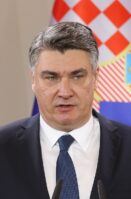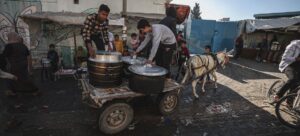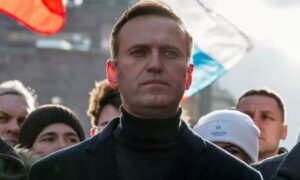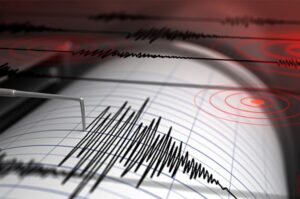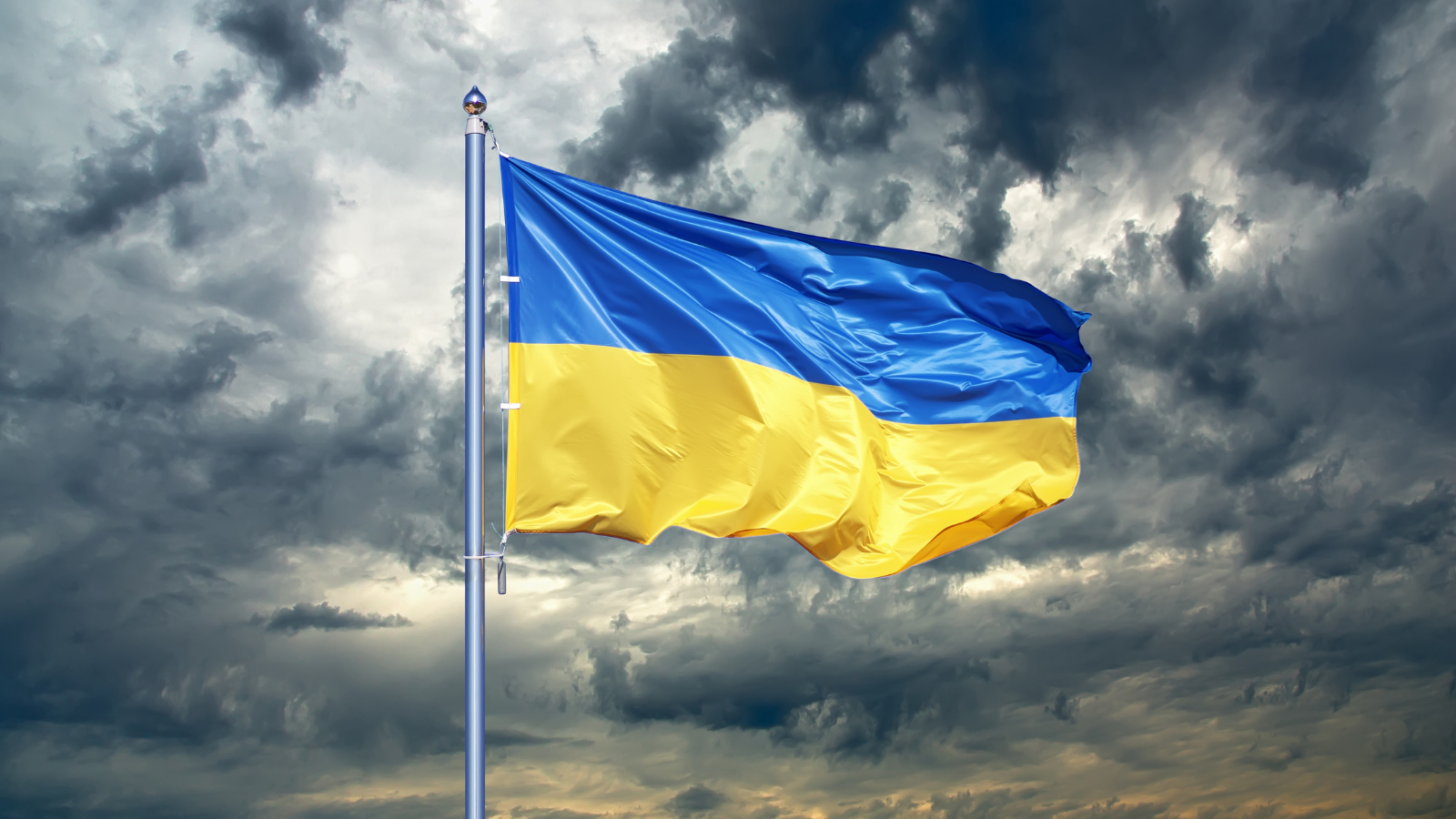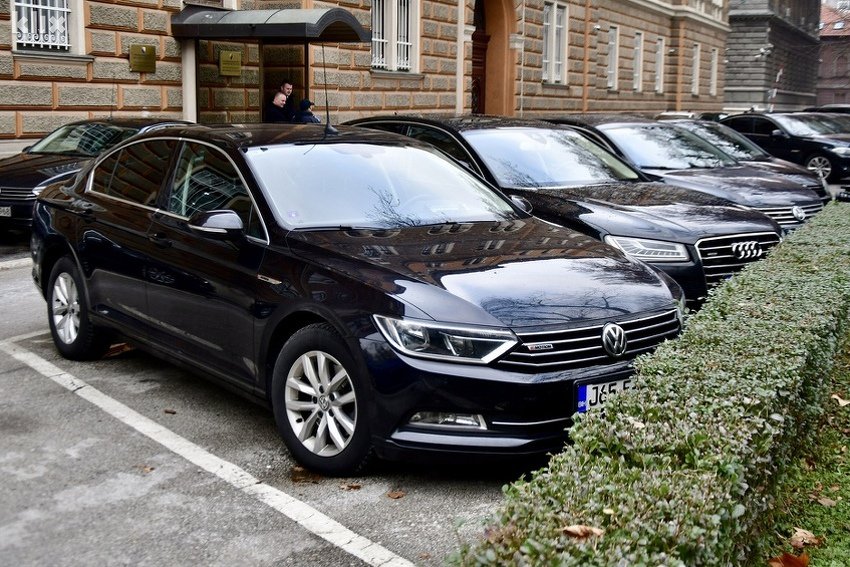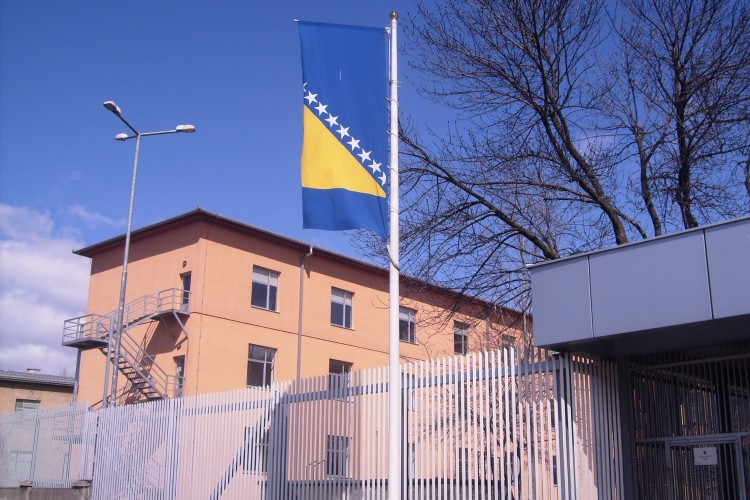After 30 years of silence, history classes are starting to talk about the wartime past, but the curriculum still does not include all events or crimes. Now a new base of facts established by court is trying to change that.
Fatima Pita wants all children in Bosnia and Herzegovina (BiH) to learn what happened to her daughter in December 1992 during school. Three-year-old Anisa was wounded by a sniper’s bullet while untying her shoelaces in front of her family’s house in the Sirokaca neighborhood of Sarajevo. Fatima was standing a meter away from her daughter when she screamed and fell.
Anisa survived and lives in Canada today. At three trials before the Hague Tribunal for the siege of Sarajevo, Fatima testified about the wounding of her daughter. Thus, the sniper incident in which her daughter was wounded became a judicially established fact. Today, she hopes that the story of the sniping of civilians in Sarajevo will be included in local history textbooks.
“If it is not in the textbooks, it will be forgotten in a short time and the next generations and children will not know. And in this way, a textbook is a textbook”, adds Fatima.
The facts established by the courts are still, almost three decades after the end of the war, rarely studied in the domestic education system.
The war in BiH is still a taboo topic for the domestic education system, and according to experts’ analyses, children can only find scant information about war events in textbooks, which are presented one-sidedly, which further deepens divisions.
Current textbooks do not describe the war, says Snjezana Melunovic, a history teacher at Sarajevo’s “Obala” Gymnasium.
War themes began to return in 2018 in all three educational systems and entered textbooks in different ways, says Melisa Foric Plasto, a professor at the History Department of the Faculty of Philosophy in Sarajevo.
In Sarajevo, in the last few years, children have been learning about the siege of the city and the genocide in Srebrenica from materials that refer to the verdicts. But teachers in the capital and elsewhere still do not have enough material from reliable sources to use.
“The teaching of history can take an important part and play an important role in the process of reconciliation and peace building and in those wider processes of transitional justice. But without some consensus of us as a society and acceptance and understanding of why this is important to us, I am afraid that more serious developments will not happen”, she adds, Detektor reports.
E.Dz.






